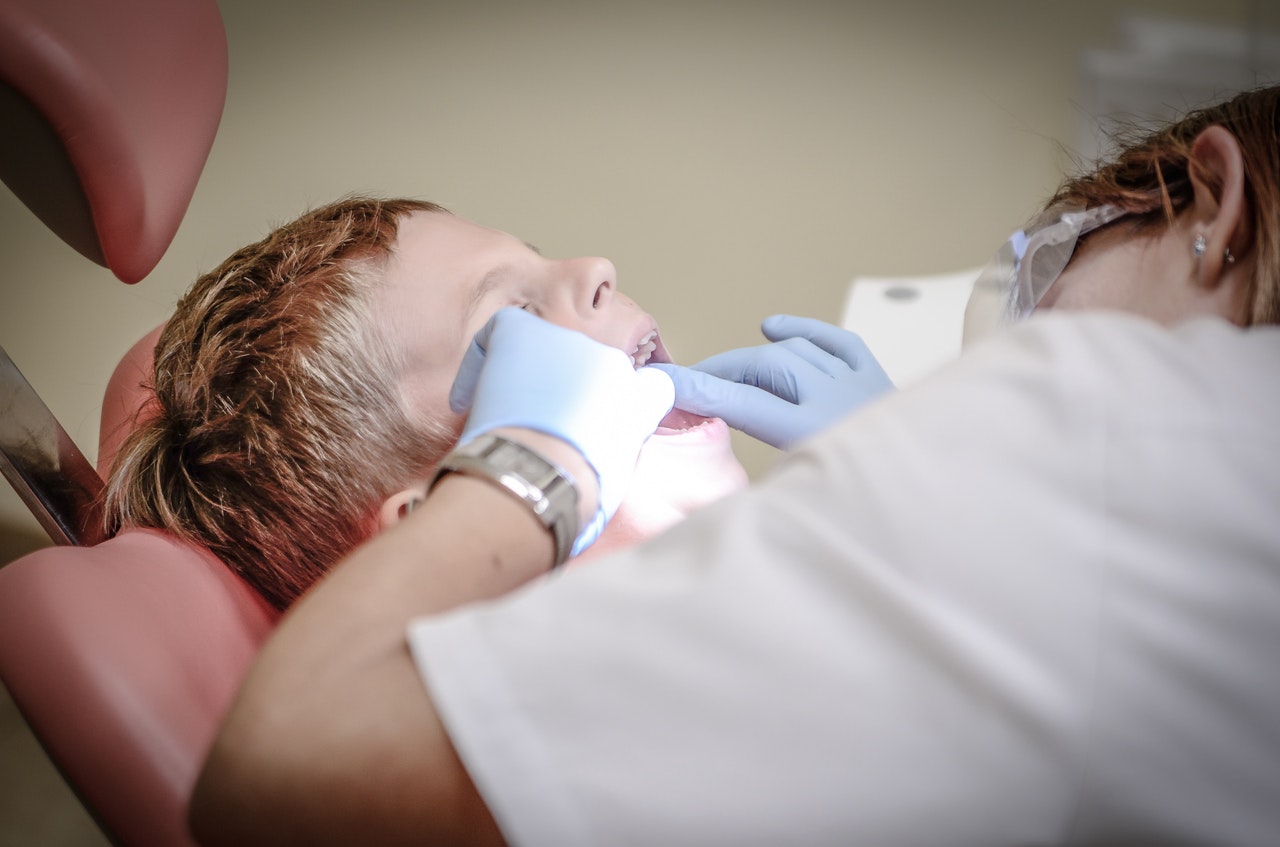In elementary schools all over the country, children are going through what seems like a cute and minute phase in our adult eyes, but what is a scary experience to their very young minds. They are losing their baby teeth. Children typically start losing their baby teeth at the age of six, and this would last up to the time they are ten to twelve years old. For young primary school kids, however, this is a big event. That will make going to the pediatric dentist in Riverton or other areas quite a challenge for them and their parents, who must be firm and consistent about regular dental check-ups.
How do you ease the fears of a child going through this messy, slightly inconvenient, and sometimes disgusting phase in life? Here’s what to do and what not to do.
Do’s
- Gather picture books and episodes of children’s shows that deal with characters losing their baby teeth. Doing this will give your child a confidence boost. They will know that every child will go through what they are experiencing and that they aren’t alone. They will understand how and why it happens.
- Reward them with little things every time a loose tooth falls off. Encourage them to express their natural reactions by crying and talking about it (but no tantrums!). Afterward, give them ice cream, a lollipop, or a small toy for being able to handle the situation well.
- Encourage them to take good care of their teeth. Remind them to brush their teeth every morning and night. Avoid giving them too many sweets. Talk to them about the adverse effects of sweets on their dental health and why they should only be eaten during special occasions. Teach them how to floss.
Don’t’s

- Even if your child insists on doing it, or even if you have gone through it yourself, it is advisable not to forcibly pull out a tooth without the guidance of a pediatric dentist. Not only will it hurt the child, but you might end up infecting an open wound.
- If your child feels insecure about the gaps in their teeth, you shouldn’t tease them about it. They will need some time to get used to these gaps. Do not make fun of them and blame them for being sensitive, especially when they have made it clear that it is not a joke to them. Gaslighting is a no-no under any circumstance.
- Don’t accept loose or falling teeth as excuses for poor behavior and laziness. Do not give in to tantrums. Remind your kids that their wounds will naturally heal and that they can continue to study as they should and play as they please.
As adults and parents, we may have long forgotten the real terror of losing a baby tooth. Yes, it might trigger some funny memories that we look upon with endearment. But if we are to help our children experience the same when they grow up, instead of attaching the experience to something harmful or hurtful, we must consider their feelings. They are not too young to be respected and understood.

